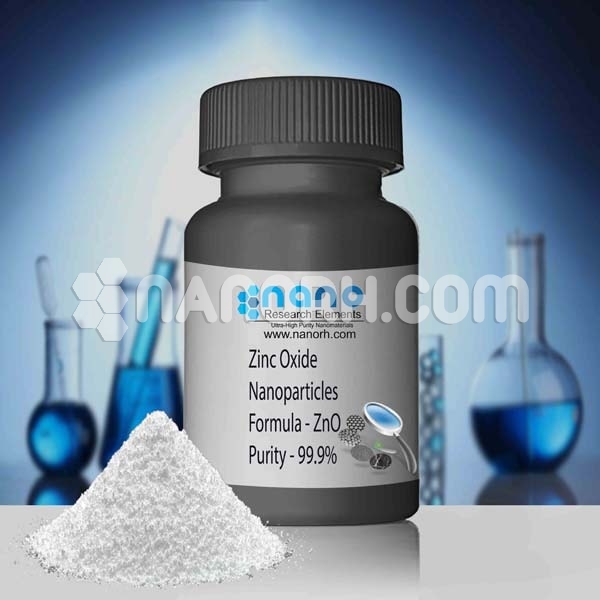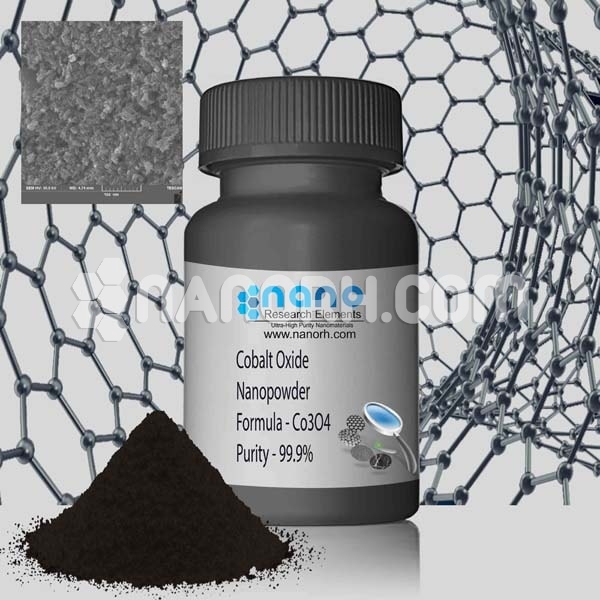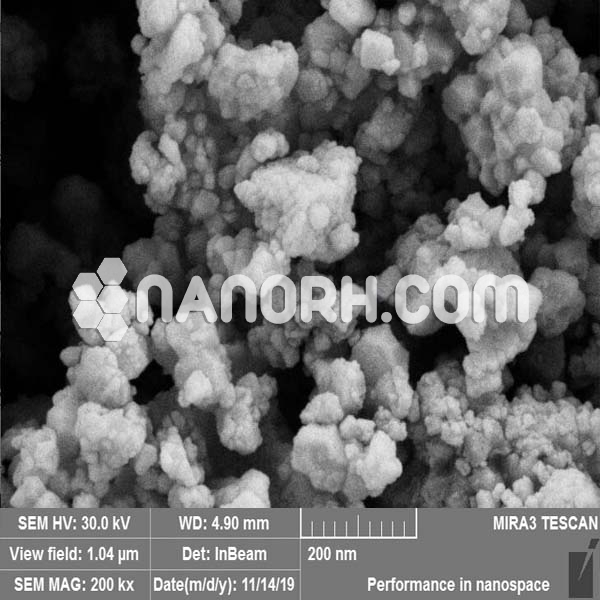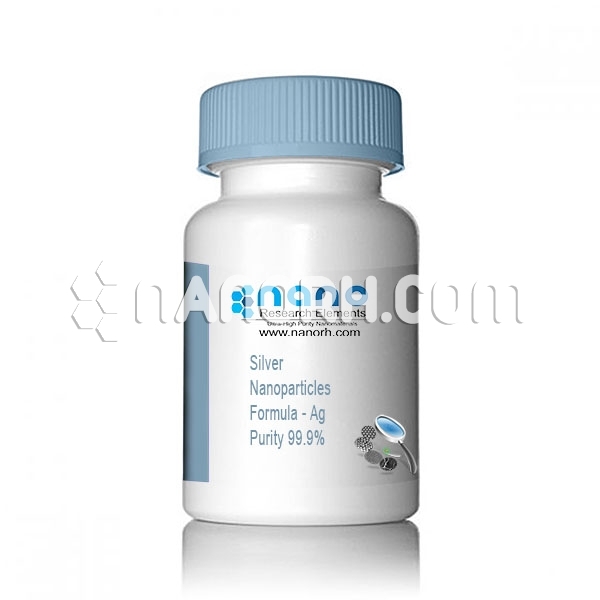| Zinc Oxide Nanopowder | |
| Product No | NRE-3066 |
| CAS No. | 1314-13-2 |
| Formula | ZnO |
| APS | <100nm (Can be Customized) |
| Purity | 99.9% |
| Color | white |
| Molecular Weight | 81.38 g/mol |
| Density | 5.606g/cm3 |
| Melting Point | 1974 °C |
| Boiling Point | 2360°C |
Zinc Oxide Nanopowder Applications:
Electronic industry, instrumental industry, manufacture, electrical device, radio, wireless fluorescence lamp, image recorder, rheostat, phosphor; Sunscreening agent used in cosmetics, antibacterial and health protection antiager; UV protection; Piezoelectrics; High-temperature lubricant in gas turbine engines; Flame retardant; Adsorption; Dental cements; Environmental remediation; Gas sensors; Photocatalytic decontamination; Attenuation of ultraviolet light; Demilitarization of chemical and biological warfare agents; Cosmetics and cosmeceuticals; Electrodes for solar cells; Varistors; Pigments for paints.
Zinc Oxide Nano for Sale is available as powders and dispersions form. Zinc Oxide Nanopowder for Sale shows antibacterial, anti-corrosive, antifungal and UV filtering properties. A portion of the equivalent words of zinc oxide nanoparticles is oxydatum, zinc oxicam, permanent white, ketogenic and oozing.
Zinc Oxide Nano for Sale important class of industrially connected materials. They have been generally connected in diagnostics, therapeutics, medicate conveyance frameworks, hardware, beautifiers, individual care items, and sustenance added substances, due to their attractive, synergist, semiconducting, antimicrobial, bright defensive, and restricting properties.
Zinc Oxide Nano for Sale is a vital important material are used in totally extraordinary mechanical segments, for example, drug, corrective materials, and concrete contradicted microorganism, material and car enterprises.
Zinc Oxide Nanopowder for Sale acts as a physical filter against the UV-B and particularly UV-A radiation of the sun. The fact that the ultraviolet rays are absorbed and are reflected from small mirrors makes it interesting to use zinc oxide as a physical UV filter in sunscreens. Unlike chemical UV filters that may trigger allergization, physical filters are suited for application to the sensitive skin of children and allergic persons. Chemical UV filters absorb UV radiation and convert it into heat.




